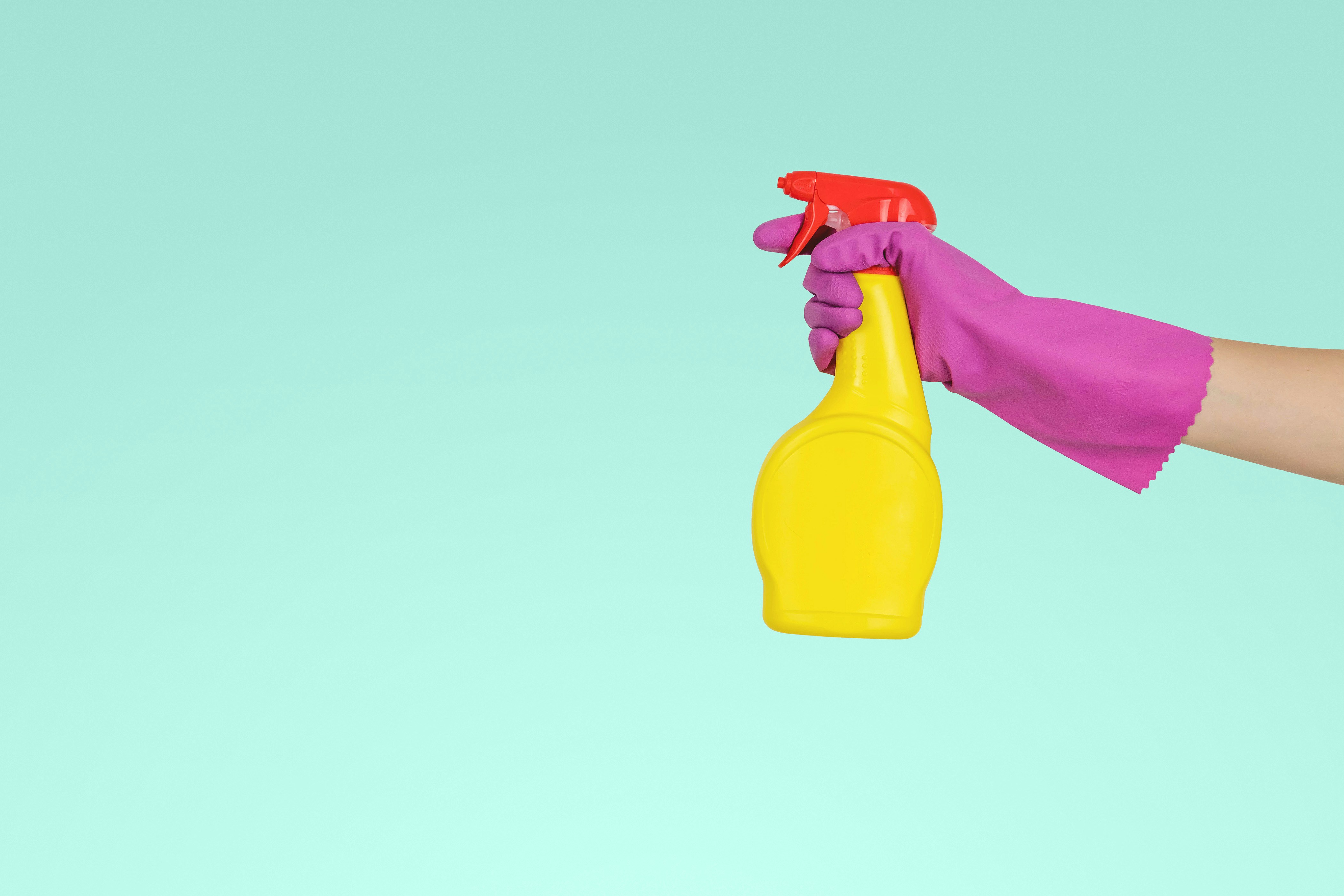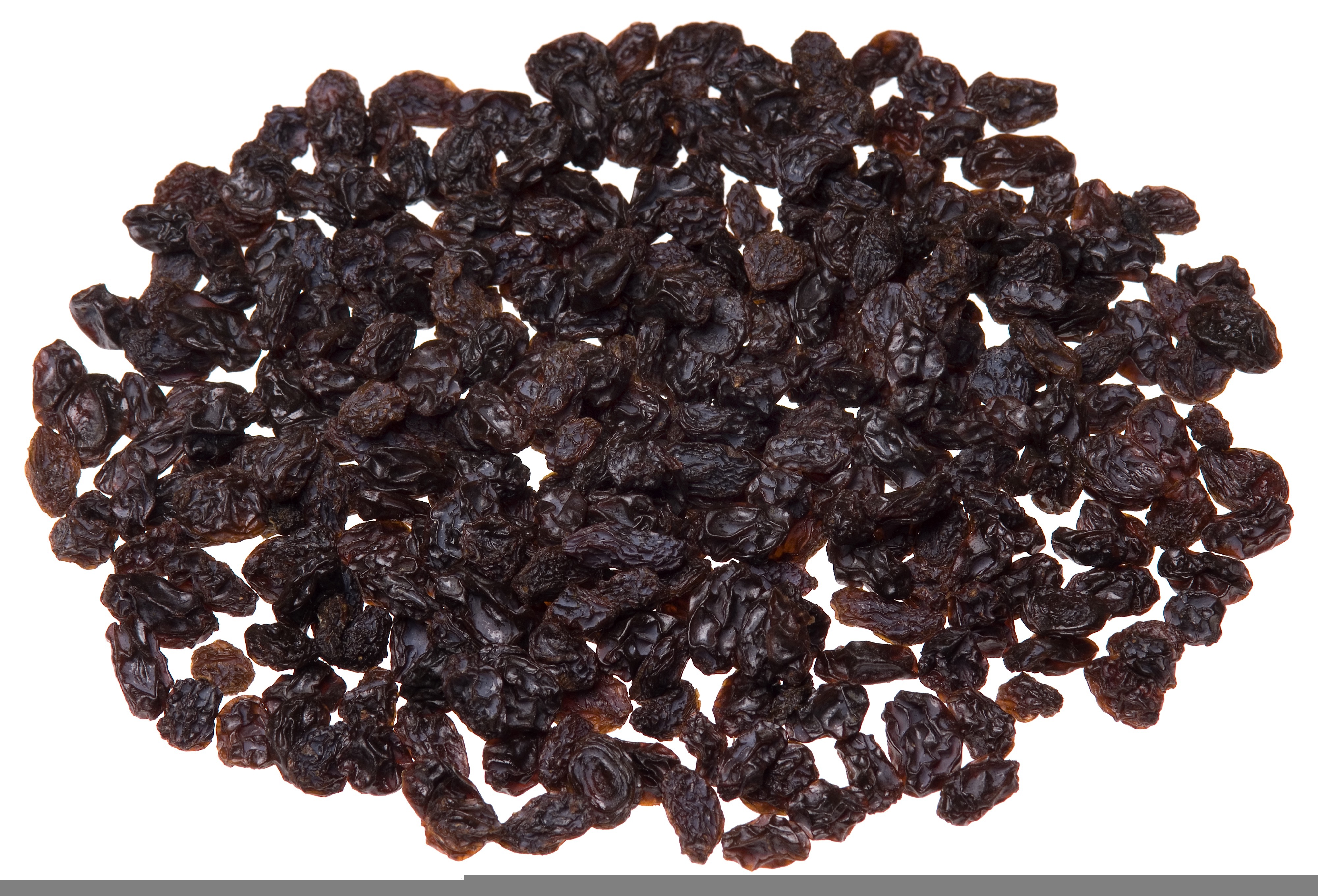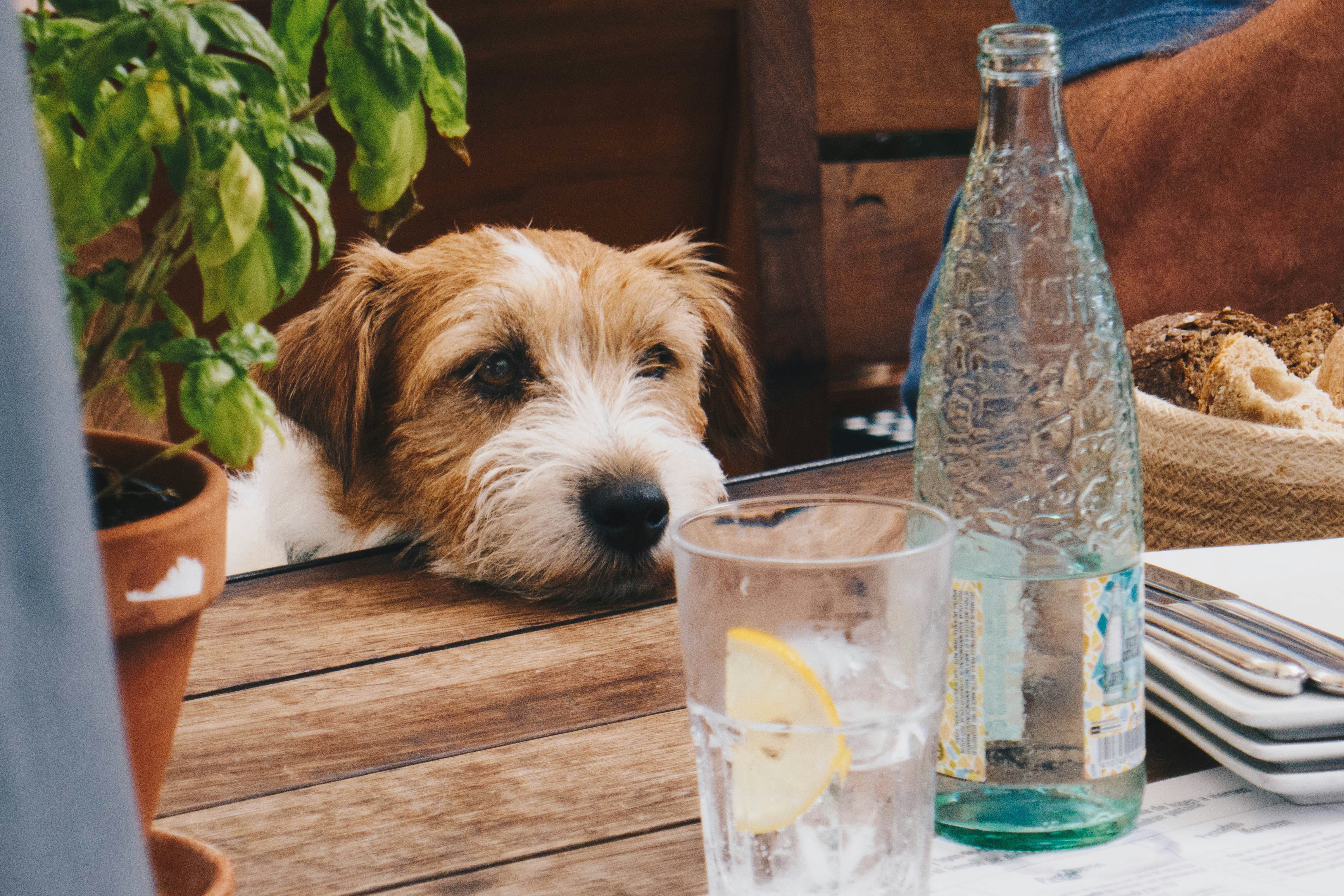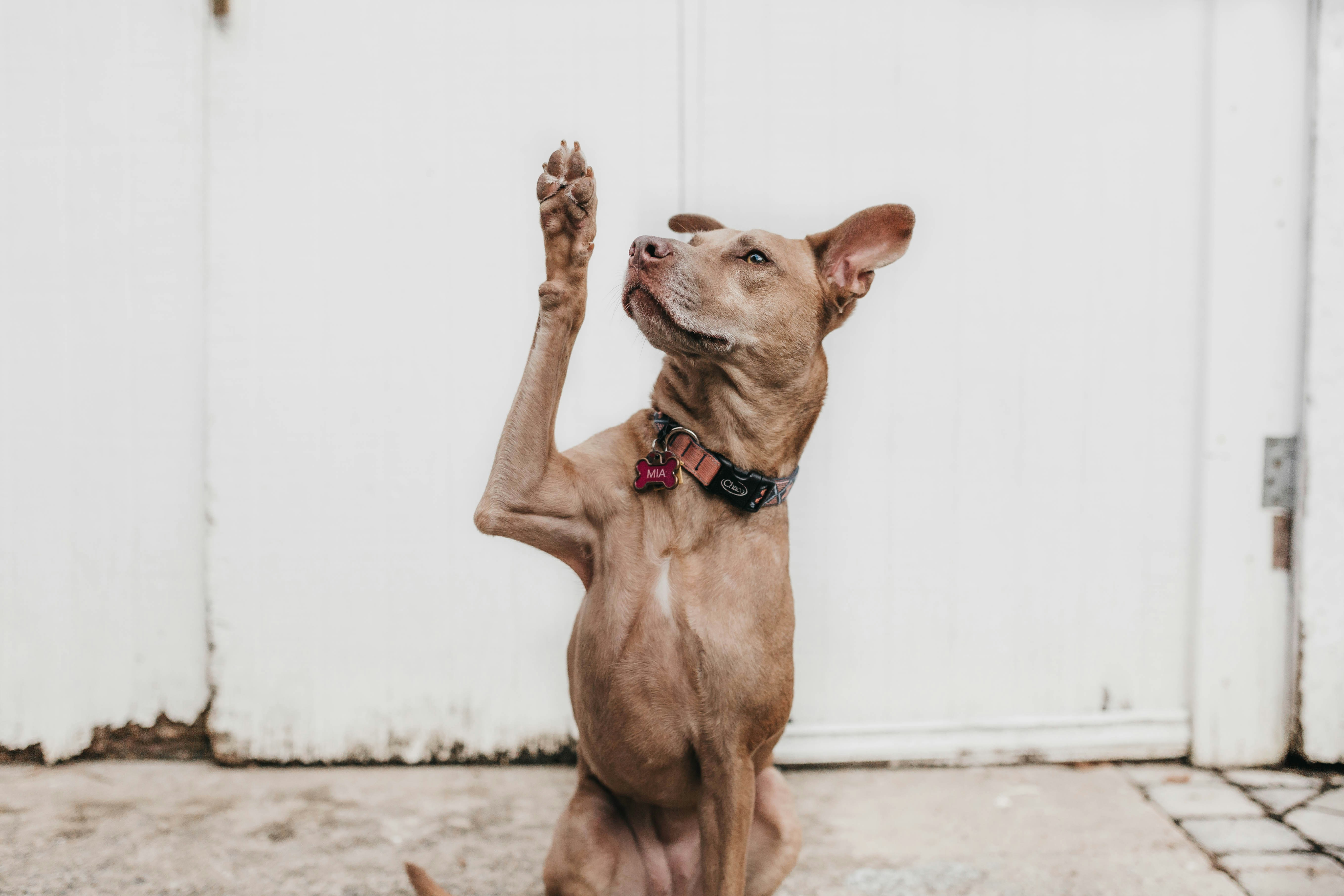What Household Items Can Kill a Dog?
By Mawoo Pets · 8 mins read
Last updated: May 2nd, 2025

Many common household items can be dangerous for dogs, and some can even be deadly. While you might expect things like antifreeze or rat poison to be harmful, other everyday items like gum, onions, or certain plants are also toxic to pets.
Whether you're a new pet parent or a seasoned dog owner, it's important to know what items to keep away from your pup. Here's a detailed breakdown of common household hazards and how to keep your dog safe.
1. Soaps and Detergents

Cleaners, soaps, and detergents often contain chemicals that can irritate your dog’s skin or cause serious illness if swallowed. Even small amounts can lead to vomiting, diarrhea, or breathing problems.
Tip: Store cleaning supplies in cabinets or high shelves that your dog can’t access. You can purchase child-proof / dog-proof locks for cupboards at puppy level.
2. Artificial Sweeteners (Xylitol, Sorbitol)
These sweeteners are found in sugar-free gum, candy, baked goods, and some peanut butters. Just a small amount of xylitol can cause a dangerous drop in blood sugar, seizures, or liver failure.
Warning Signs: Vomiting, weakness, loss of coordination.
3. Toxic Houseplants

Popular indoor plants like lilies, sago palms, poinsettias, snake plants, and philodendrons can cause vomiting, diarrhea, or worse.
Tip: Check the Plant Safety Blog and keep unsafe plants out of reach.
4. Human Medications and Supplements
Over-the-counter drugs like ibuprofen, acetaminophen, and allergy meds can harm dogs even in small doses. Vitamins like Vitamin D can also be toxic if over-consumed.
Rule: Never give your dog human medicine unless your vet says it’s safe.
5. Chocolate

Chocolate contains theobromine and caffeine, which dogs can't metabolize properly. Dark chocolate is the most dangerous.
Symptoms: Vomiting, restlessness, rapid heartbeat, tremors, or seizures.
6. Slug and Snail Bait
These pellets are made to attract pests but can also attract curious dogs. Ingestion can lead to tremors, seizures, or death.
Use pet-safe pest control products instead.
7. Mosquito Repellents
Sprays or lotions that contain DEET or permethrin are toxic to dogs if licked or absorbed through the skin.
Keep repellents stored safely and away from pets.
8. Nicotine Products

Nicotine is highly toxic and found in cigarettes, e-cigs, nicotine gum, and some insecticides.
Signs of Poisoning: Vomiting, rapid breathing, tremors, seizures.
9. Rat and Mouse Poison
Rodenticides cause internal bleeding, organ failure, and death. Even a small amount can be fatal. If your dog consumes the animal poisoned by these chemicals, this is also potentially deadly. Veterinary intervention is required.
Tip: Use locked bait stations and place them where pets can’t reach. Monitor for deceased rodents in your yard or home.
10. Antifreeze
Antifreeze (ethylene glycol) tastes sweet but is extremely toxic. Just a few drops can cause kidney failure.
Symptoms: Staggering, vomiting, dark urine, lethargy.
11. Dangerous Human Foods

Grapes, raisins, onions, garlic, alcohol, caffeine, and raw dough are all toxic to dogs. High-fat leftovers and spicy foods can also cause serious issues.
Stick to vet-approved treats and dog-safe human foods like carrots or plain chicken.
How Toxic Is It? Signs of Poisoning in Dogs
Some substances cause mild symptoms, while others can be fatal fast. Here’s a quick reference chart:
| Toxicity Level | Common Sources | Symptoms to Watch For | What to Do |
|---|---|---|---|
| Mild | Poinsettias, small amounts of detergent or plants | Drooling, slight vomiting, soft stool | Monitor at home, call vet for advice |
| Moderate | Chocolate (milk), onions, garlic, nicotine | Vomiting, diarrhea, increased heart rate, panting | Call vet immediately |
| Severe | Dark chocolate, xylitol, antifreeze, rat poison | Seizures, shaking, collapse, pale gums, loss of coordination | Emergency vet visit ASAP |
| Deadly | Large xylitol dose, antifreeze, slug bait | Coma, difficulty breathing, unresponsiveness, bloody vomit | Call poison control & rush to emergency vet |
How to Prevent Your Dog From Getting Into Toxic Items

Store all harmful substances in locked cabinets or high shelves.
Use baby locks on low drawers and doors if needed.
Keep trash cans covered or behind closed doors.
Avoid using poison traps for pests and opt for non-chemical options.
Teach your dog a strong "leave it" and "drop it" command.
Share a list of dangerous items with pet sitters or family.
What to Do If Your Dog Eats Something Toxic
Call your veterinarian right away.
Contact a poison hotline:
ASPCA Animal Poison Control: 1-888-426-4435
Pet Poison Helpline: 1-800-213-6680
Do not induce vomiting unless a professional tells you to.
If possible, bring the product or its packaging to the vet.
FAQs

What household items can kill a dog quickly?
Dark chocolate, xylitol, antifreeze, rat poison, and grapes/raisins are especially dangerous and can cause organ failure in small amounts.
Are household plants dangerous for dogs?
Yes. Plants like lilies, philodendrons, poinsettias, and sago palms can cause vomiting, breathing problems, or worse.
Why is chocolate toxic to dogs?
Chocolate has theobromine and caffeine, which dogs can’t process well. These overstimulate the heart and nervous system.
What human foods are safe for dogs?
Plain chicken, rice, carrots, apples (no seeds), and oatmeal are generally safe. Avoid spices, fat, and added sugars.
Are puppies more at risk?
Yes. Puppies are smaller and more curious, which makes them more likely to ingest harmful things and suffer stronger effects.
How do I dog-proof my home?
Use secure storage for cleaning products, medications, and food. Block off certain rooms and keep trash out of reach.
Can I use natural cleaning products around my dog?
Some natural cleaners are safer, but not all. Always check the ingredients and consult your vet.
Is it safe to use essential oils around dogs?
Many essential oils, like tea tree or eucalyptus, are toxic to dogs. Avoid diffusing oils unless you know they’re pet-safe.
By staying informed and taking simple precautions, you can help keep your dog safe from harmful household items.
For more tips and up-to-date guidance on keeping your pet safe and healthy, be sure to check out our other blog posts!
Related articles
Any questions? Get in touch!
We are here to support you every step of the way. Our concierge service is here daily to answer your questions!
Chat or speak with our team Mon-Sat 9a-9p ET.





